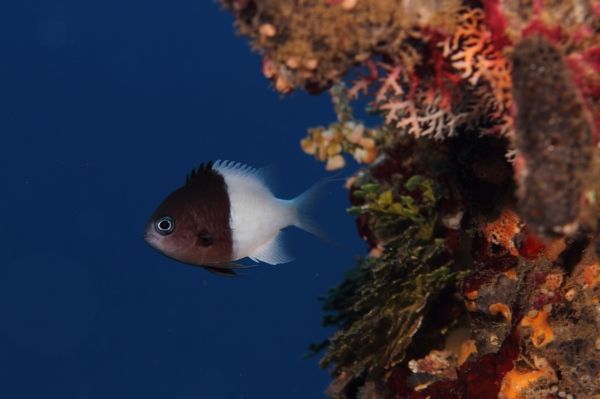The method takes advantage of data collected by underwater microphones known as hydrophones and provides an efficient and inexpensive way to understand changes in the marine environment due to climate change and other human-caused influences, said researchers from Oregon State’s Cooperative Institute for Marine Ecosystem and Resource Studies.
The findings were published in the journal Marine Ecology Progress Series.
Hydrophones are increasingly being deployed in the world’s oceans. They offer advantages over other types of monitoring because they work at night, in low-visibility conditions and over long periods of time. But techniques to efficiently analyze data from hydrophones are not well developed.
Continue reading at Oregon State University
Image via Oregon State University


